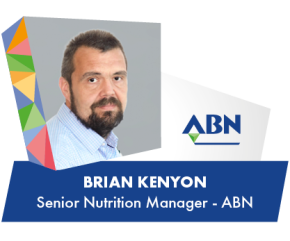 Commercial layer bean trials
Commercial layer bean trials
01/08/2024
We’re committed to improving the sustainability of UK agriculture. One of our key focuses is finding alternatives to soya in poultry diets by exploring the use of homegrown beans.
Agriculture is an industry like no other. We have a unique opportunity to protect the Earth’s precious natural resources and to safeguard the people, the land and the animals we supply.
At ABN we are working together to drive productivity in the British pig and poultry sectors. By 2050, forecasts estimate that the population of the UK will be approximately 77 million, resulting in increased demand for protein products. As well as growing consumer demand, our industry continues to face unpredictable challenges and increasing sustainability and Net Zero responsibilities.
Alongside productivity, precision feeding and farm efficiency look to be the key driving forces regarding the future success of our British pig and poultry industry. By applying a partnership approach, we can meet this demand together and support the future of British agriculture.
"We are constantly evaluating our product range to increase sustainability, whilst also looking at potential alternative raw materials to see how they fit into a productive feeding programme,”
- Brian Kenyon, our Senior Nutrition Manager.
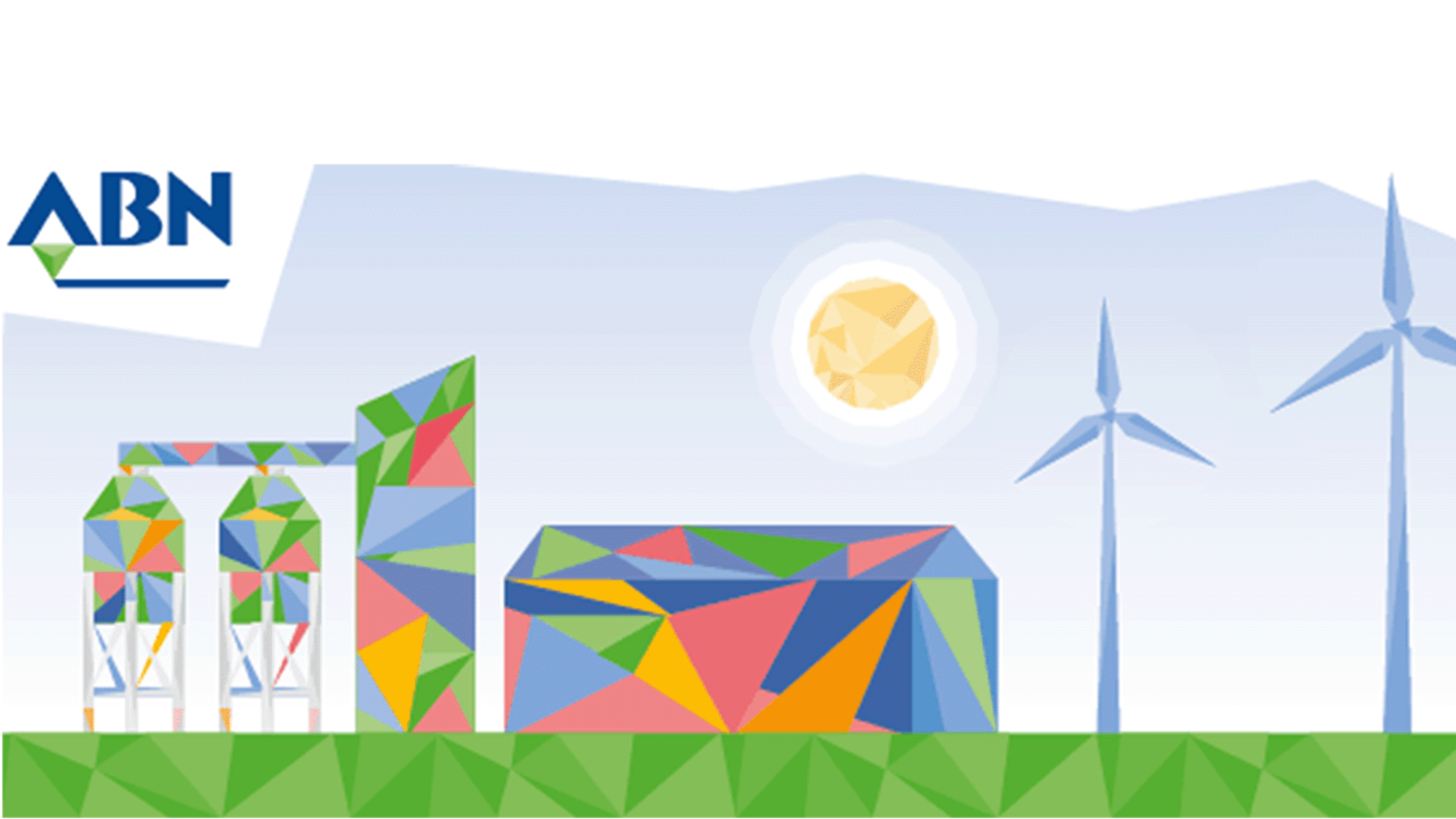
At ABN we are making progress on our mission to source 100% responsibly sourced soya by 2025.
At ABN we have been profiling our raw materials to effectively build a database of their carbon emissions, incorporating impacts like transport. This will help to benchmark where our customers currently are before exploring alternatives to reducing their carbon footprint.
Collaborative partnerships within the supply chain are becoming increasingly important as we strive to support our customers to achieve optimal performance, maintain profitability whilst also working towards meeting our industry’s environmental targets.
AB Agri are a member of the Global Feed Life Cycle Analysis Institute (GFLI) and helped to build the Global Feed Database, which can be used to evaluate the environmental impact of feed produced around the world. ABN, a division of AB Agri, have used the GFLI database, internal sourcing information and transport emissions of raw materials to develop a unique model to calculate the carbon emissions of our feed. This model is continuously being updated and developed with the latest information available to the feed industry, and aims to incorporate all 16 environmental footprint impact categories moving forward. Our model enables us to benchmark the current carbon footprint of feed, and work in partnership with our customers to transition to a lower carbon world.
The transitions to truly sustainable soya in monogastric diets will ultimately need to be progressed in order to meet sustainability targets, which is why a pragmatic approach and realistic timeframe must be realised within the industry. We continue to assess our product offering to improve sustainability, whilst also exploring potential alternative raw materials, to help lower the environmental emissions of feed. We are looking forward to working with our customers to benchmark their current feed emissions, as we as an industry strive towards achieving environmental targets without impacting optimal performance and profitability.
Please contact your account manager for further information, or click below to read more about our journey to soya free poultry diets.At ABN we pride ourselves on our committed level of trial work undertaken each year from, exploring alternative raw materials, to reducing emissions and increasing welfare and performance in all animals we feed.
With volatile energy costs and raw material markets, productivity becomes even more important. Every ounce of performance you can get out of the bird or pig is essentially money saved.
“We are constantly evaluating our product range to increase sustainability, whilst also looking at potential alternative raw materials to see how they fit into a productive feeding programme,” says Brian Kenyon, our Senior Nutrition Manager.
As our industry faces increasing pressure from processors, retailers and consumers to meet ambitious Net Zero goals, we are all needing to understand the environmental impact of our part in the supply chain.
In periods of uncertainty, the importance of high-performance increases across every part of the supply chain. Partnerships with your supply chain are more important than ever in helping you to increase your productivity.
 Commercial layer bean trials
Commercial layer bean trials
01/08/2024
We’re committed to improving the sustainability of UK agriculture. One of our key focuses is finding alternatives to soya in poultry diets by exploring the use of homegrown beans.
 The search for soya replacement in pig diets
The search for soya replacement in pig diets
17/08/2023
Research into pulse and rape blends returning encouraging early results.
 Phosphate Trials
Phosphate Trials
26/10/2022
Phosphorous reduction trials indicate environmental benefits and production efficiencies in layer diets.
 Safety values from factory to farm…
Safety values from factory to farm…
21/07/2025
Following ABN’s fleet drivers to understand the importance of a partnership approach
 Journey begins for ABN in pioneering long-term mill project
Journey begins for ABN in pioneering long-term mill project
07/07/2025
British manufacturer of pig and poultry feed ABN has announced that the first stage of its pioneering new animal nutrition complex is now in progress.
 ABN Compass launch - Vet Workshops
ABN Compass launch - Vet Workshops
23/05/2025
As the broiler industry continues to evolve, collaboration and knowledge sharing are key to navigating new challenges and opportunities.
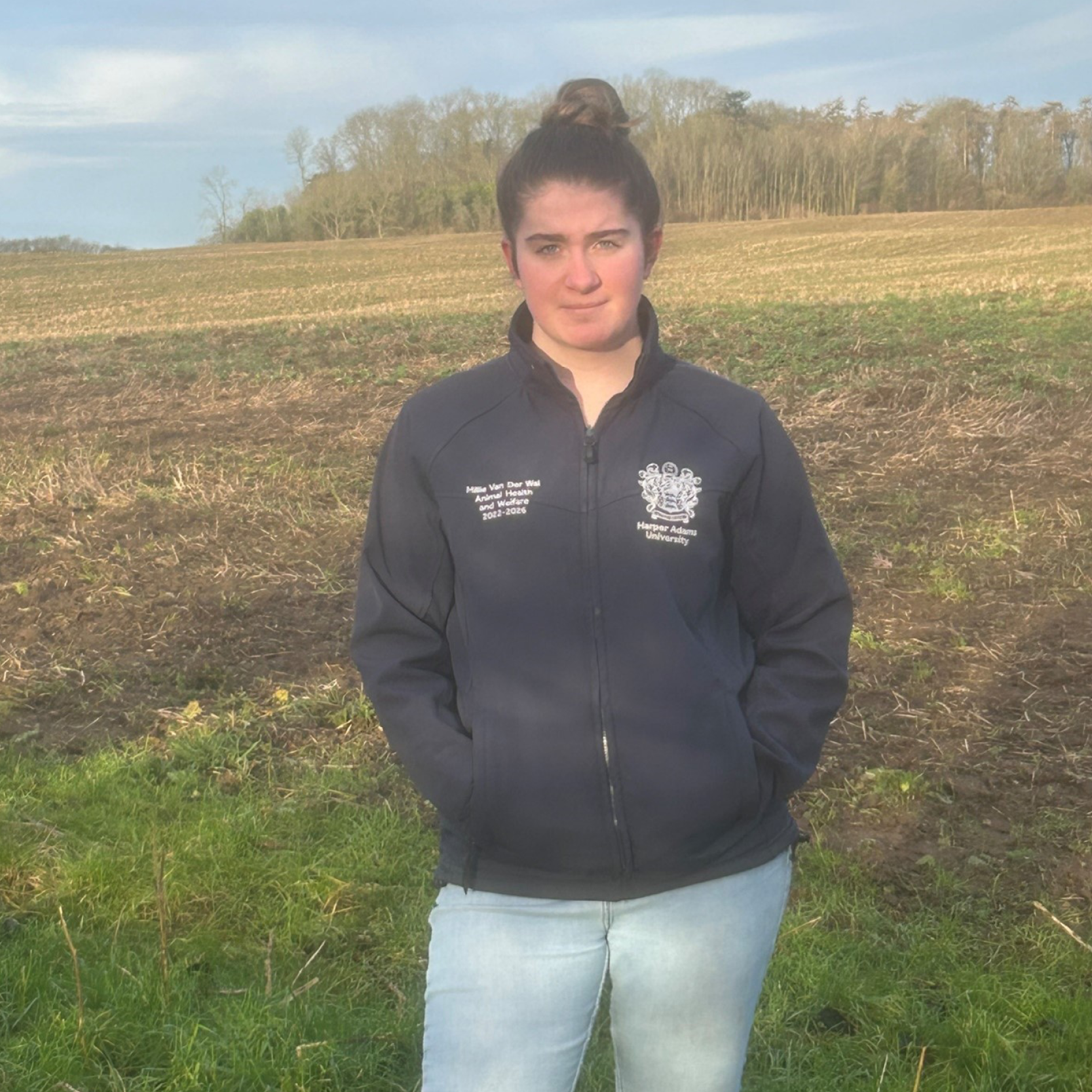 Harper Adams Scholarship update - Millie Van Der Wal’s first six months with ABN
Harper Adams Scholarship update - Millie Van Der Wal’s first six months with ABN
30/01/2025
We recently caught up with Millie Van Der Wal, our Harper Adams Scholarship student, to hear about her first six months with ABN. Here’s what she had to say about her placement so far:
 New safer weaner range supports digestive health and reduces medication costs
New safer weaner range supports digestive health and reduces medication costs
19/12/2024
Reducing medication and antibiotic use after removing zinc from starter diets
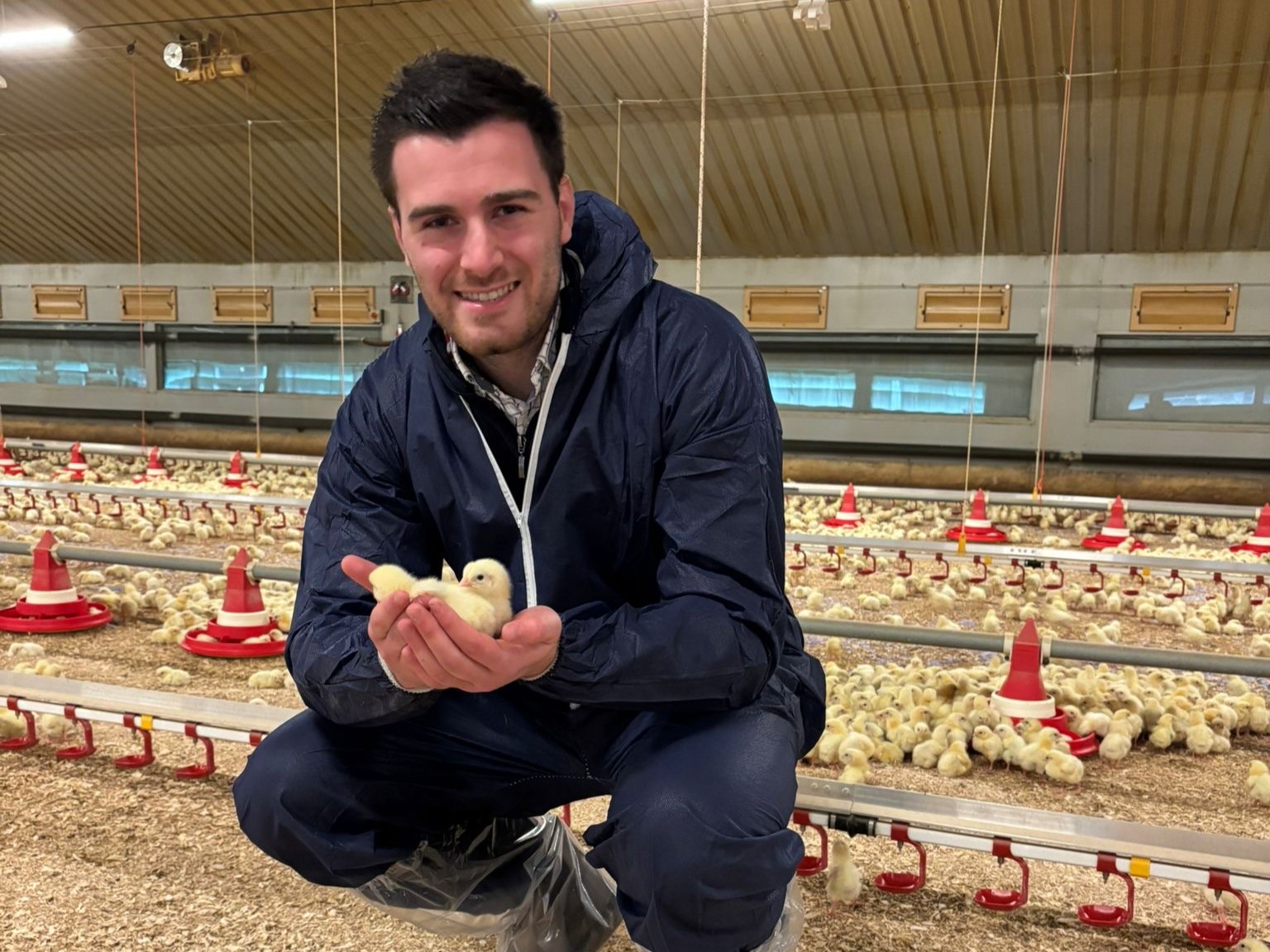 ABN strengthens broiler team and helps support future of poultry sector
ABN strengthens broiler team and helps support future of poultry sector
16/12/2024
Quality, consistency, availability and value of feed supply crucial to meeting industry requirements
 2024 Harvest Summary
2024 Harvest Summary
12/12/2024
The 2024 harvest summary is in, but with summer a wash out and heavy floods, what does this mean for this year's yields?
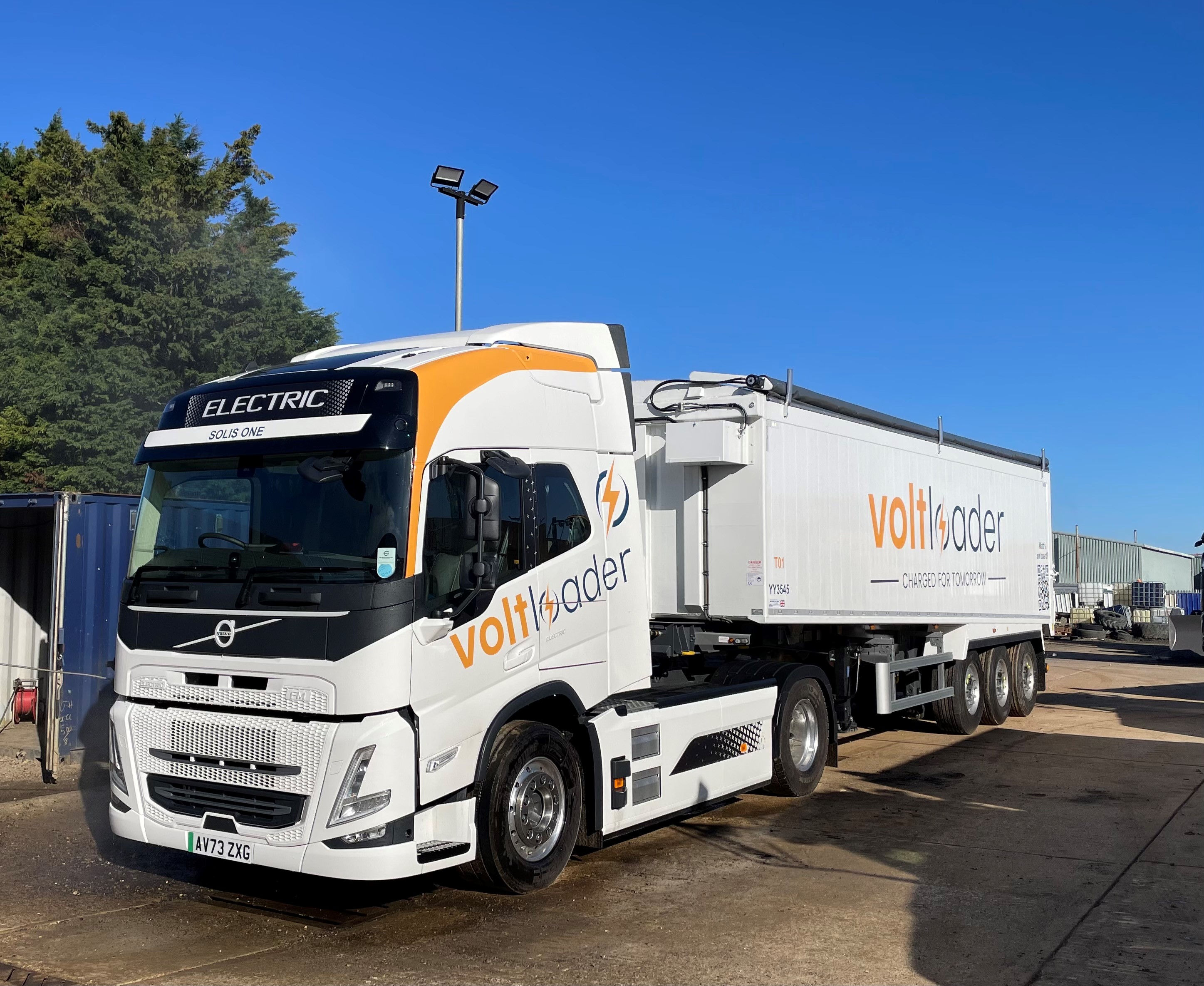 Our first fully carbon neutral delivery
Our first fully carbon neutral delivery
18/10/2024
We have successfully completed our first carbon-neutral delivery, marking a significant milestone in our sustainability journey.
 A day in the life of an ABN HGV driver
A day in the life of an ABN HGV driver
19/07/2024
Feed safety is at the forefront of what we do, and we are consistently working towards a ‘target zero’ policy to ensure we achieve this. A part of this journey involves ABN’s strong team of HGV drivers.